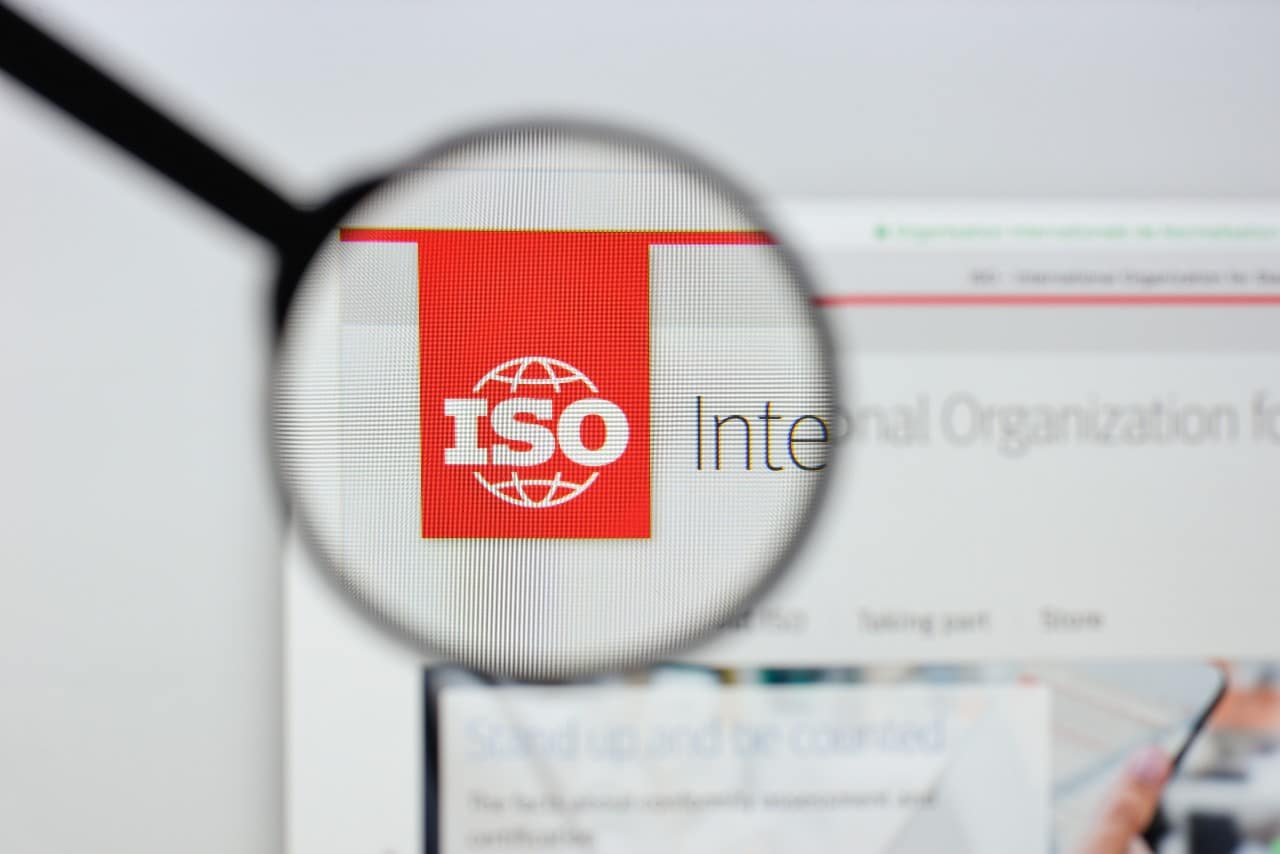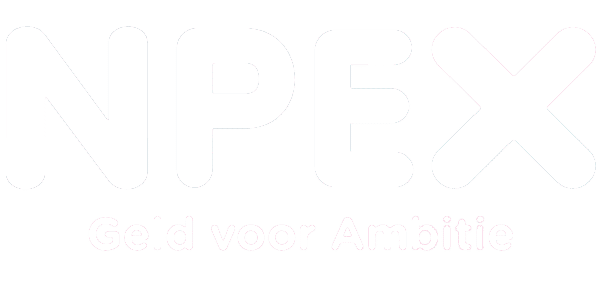Some organizations need only one reason for Information Governance: compliance. Say GDPR and unlimited budget is comes your way. Isn’t that your reality? Count yourself lucky! Information Governance is not a quick fix but a foundation. That foundation must be there for the long term and for all the challenges your organization faces. I’d love to take you through my thoughts to put a face to that foundation.
Remember this one?
There was a time when you could build the business case for Enterprise Content Management (ECM) on finding the right information faster. Finding it faster was converted to money. By multiplying an hourly rate by the stated time savings of 30 minutes per day. You created that supposed time savings in part by having good Information Governance. And what did you conveniently leave out? That the average colleague does not use that saved time in such a way that a positive contribution could be realized elsewhere. Thus, saving time was and is not a reason for ECM. With that in mind, I look at your 4 reasons for Information Governance.
Compliance. To be or not to be?
In countries where there is a strong culture of denunciation, complying with laws and regulations – or compliance for short – receives above-average attention. Good Information Governance makes it easier to comply with those laws and regulations. Whereby lawsuits are avoided. Yet even compliance by itself is not a reason for Information Governance. I’ll be happy to explain that to you.
Compliance is a negative starting point in most cases. Based on risk avoidance. As long as you comply with all the laws and regulations, nothing can happen to you. That’s like deciding not to light candles at a romantic dinner. Or that you don’t cozy up with your partner by the fireplace after a winter walk. Or, you don’t celebrate life with your friends over a BBQ. After all, imagine if a spark of fire jumped over and set your home on fire. No, don’t… But that’s why you have insurance against the effects of fire. Not because you want to have a fire, but because that’s how you limit the consequences of fire. It’s called Live.
So is Entrepreneurship. You can’t do business if you want to eliminate all risk. Thus, each organization makes deliberate decisions. First, between the probability of a risk becoming a problem. Second, the constraints of preventing the risk. And last but not least, the costs that must be incurred to solve that problem. Therefore, I choose not to include compliance in your four reasons. Feel free to include it as a fifth reason if it fits for your organization.
Quality system for pure fuel
Information Management should support your organization in doing business. In trading. In selling. Because that’s why your business exists. To give that existence a golden future, it takes more than Information Management but information is the indispensable fuel these days. Information Governance is then the quality system to keep that fuel clean.
Four reasons to take Information Governance seriously?
- Common language;
- Ownership;
- Services;
- Technology.
1) Common language
If something is an open door and the most difficult thing to achieve as the organization grows, is to agree on what to call something and how to record it. A simple example that I encounter quite often with Citizen Developers – say Excel 2.0 – is the way a name is recorded. Does the attribute ‘Last Name’ record the birth name or the chosen name of either partner in a marriage or partnership? When two business units handle this differently, information can be difficult to relate to each other. You often don’t see that until after a while when a new chaos has emerged. We jokingly call these Excel 2.0 because many companies struggle with a large amount of informal Excel sheets that keep the business running anyway.
Another example. More than 25 years ago, I experienced fierce discussions at ABN AMRO about the definition of the term “Account. Is that one account number? Are these the account numbers that belong to one customer? Or is that even broader: the composition of clients that should be viewed as one legal or fiscal entity? In fact, the different opinions are not that important. As long as you know that business unit A looks at it in way 1 and business unit B looks at it in way 2. With that knowledge, you can start speaking the same language. Of course, harmonization is ideal, but don’t lose sight of the goal: understanding each other. Only then you can work together more efficiently.
2) Ownership
Another open door: who owns the information? A potential wasp’s nest. In many organizations, ownership results in responsibility (positive) or power (negative). As an Information Professional, you are looking for clarity of ownership. Anyone can say that the City Council has agreed to a proposal, but as long as it is not in the minutes (and quite purely, the minutes of the meeting have not been approved) you should not really assume that. Everyone who was present knows it, but the Town Clerk is responsible for the minutes and so he owns that document.
In fact, all forms of minutes not recorded by this owner are worthless. They may, no they must, be ignored. With good Information Governance, you not only ensure that you know who owns what information, but also who is using it why and when. These are mostly the places where you will find a copy or their own version of the information. Solve this by choosing a good model within your Information Governance to govern access to information.
3) Services
Information Management is increasingly about being able to deliver a good Customer Experience (CX). Not only for the internal customer, but also the external customer. The buyer of your services or products. Its acquisition involves the exchange of a great deal of information. The more accurate, specific, complete and timely that information is, the more likely it is that a potential customer, will become a customer and an existing customer will also remain a customer. More and more customers will factor CX into their decisions. If it takes you three tries to make a good offer because your information management is not in order, you are already 1-0 down.
Another form of putting yourself at a disadvantage is sharing misinformation. There are many flavors of this such as: outdated, content incorrect, too early (embargo) or not intended for the reader. Not only in the B2C world, but also for B2B it is still all about the packaging and less about the content. Not the best product wins, but the product that is good enough and best packaged – read in this context: provided with the right information.
4) Technology
As you’ve read before, information is the fuel. Technology is the engine. Technological developments are moving fast and giving your organization new and unprecedented opportunities. Provided the information is ready for that. Techniques such as Machine Learning (ML), Robotic Process Automation (RPA) and Artificial Intelligence (AI) can only be successful when the information is ready for them. Leaving aside the question of whether Citizen Development is appropriate for end users who lack knowledge of data modeling and information organization. The technique of No Code and Low Code requires clarity in your information management. You can reach those through Information Governance.
In this context, I should also point you to Hyperautomation. This is a business-driven, disciplined approach that your organizations will use to quickly identify, vet and automate as many business and IT processes as possible. Hyperautomation involves the orchestrated use of multiple technologies, tools, or platforms, including:
- Artificial Intelligence (AI)
- Machine Learning (ML)
- Event-driven software architecture
- Robotic Process Automation (RPA).
- Business process management (BPM) and intelligent business process management suites (iBPMS).
- Integration platform as a service (iPaaS).
- Low-code/no-code tools
- Ready-to-use software
- Other types of decision, process and task automation tools
If you want to read more about this, download our free white paper on Hyperautomation.
In conclusion
Together, the four reasons that give rise to taking Information Governance seriously without threatening compliance, facilitate a multitude of derived reasons. Better decision-making is one such derived reason. Information security is another. Depending on the state of affairs in your organization, it may be that such a derived reason can open the door and become the flywheel for Information Governance. However you choose to approach it, choose the positive path that contributes to the success of the business.
If necessary, we’ll do it together. Work on it as a tandem. Together, we will put our shoulders to the wheel on the way to a better future for the information in your organization. Want to know more about the different possibilities, please contact us. We’re happy to explain the four reasons we listed for Information Governance.
id=”25940″][/contact-form-7]
Want to know more about Information Governance?


















